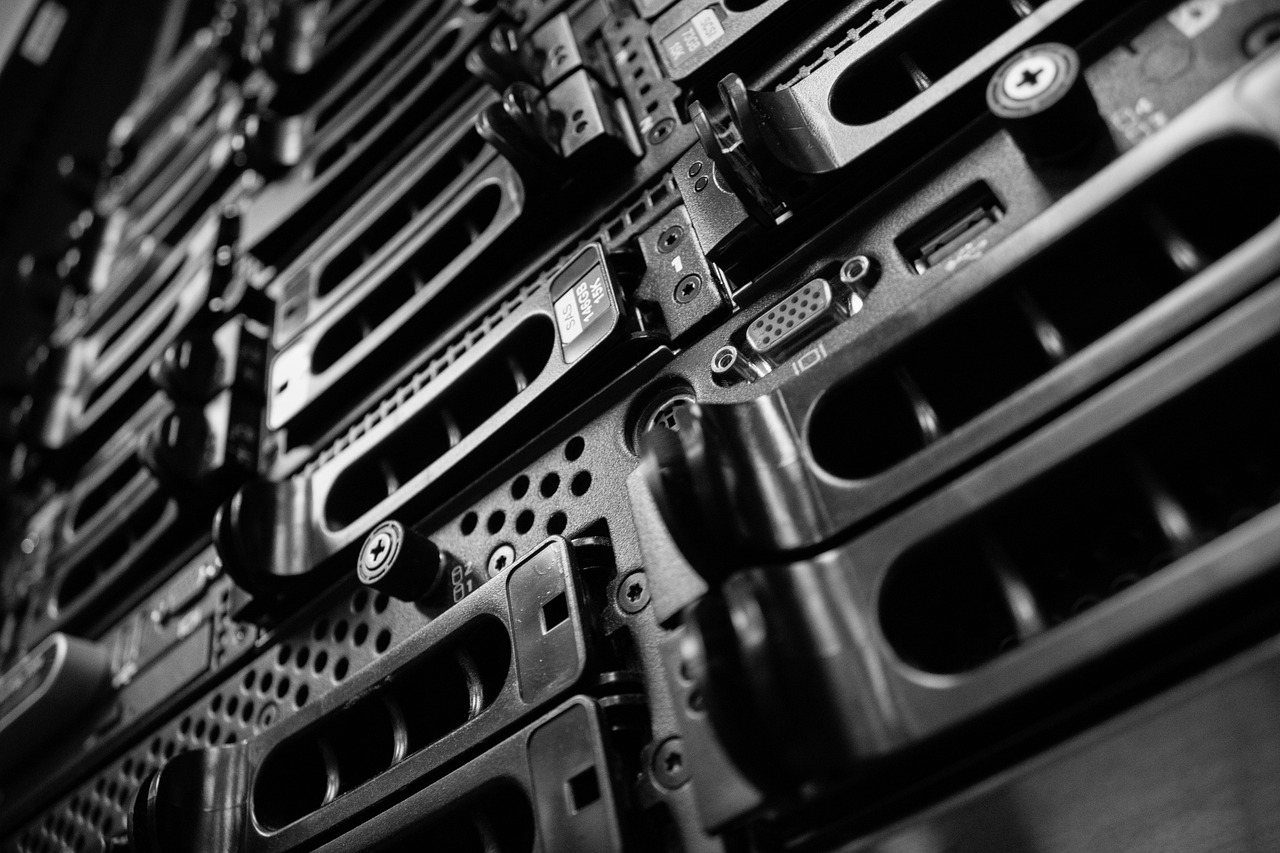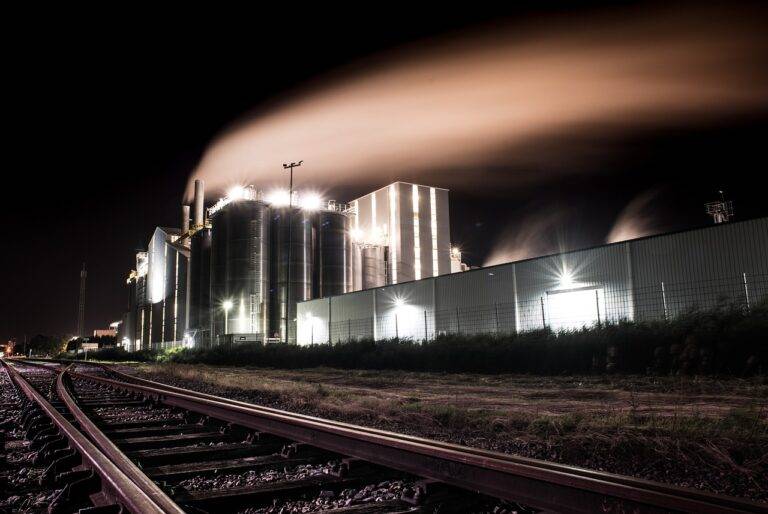The Evolution of Smart City Waste Management
Smart city waste management is a critical aspect of urban development and sustainability. With the rapid growth of urban populations around the world, the effective handling of waste has become a top priority for city planners and policymakers. By implementing innovative strategies and technologies, smart cities aim to minimize the environmental impact of waste while maximizing resource efficiency.
In smart city waste management, the focus is not only on collecting and disposing of waste but also on reducing, recycling, and repurposing materials. By adopting a more circular approach to waste management, cities can transform waste into valuable resources, creating a more sustainable and environmentally-friendly urban environment. Through the integration of technology and data-driven solutions, smart cities can optimize waste collection routes, improve sorting processes, and monitor waste generation levels in real-time.
Challenges Faced in Traditional Waste Management Systems
Traditional waste management systems are plagued by inefficiencies that hinder effective waste disposal. One major challenge is the lack of proper segregation of waste at the source, leading to mix-ups that complicate recycling and disposal processes. Furthermore, inconsistent waste collection schedules and inadequate infrastructure contribute to the accumulation of waste in public spaces, posing health and environmental risks.
Another pressing issue in traditional waste management systems is the limited capacity for processing and treating waste. Landfills quickly reach their maximum capacity, resulting in overflow and pollution of surrounding areas. Additionally, the reliance on manual labor for waste collection and disposal is not only labor-intensive but also prone to errors and inconsistencies, further exacerbating the challenges faced in managing waste effectively.
The Role of Technology in Revolutionizing Waste Management
In recent years, technology has played a crucial role in transforming traditional waste management systems. One of the key technologies making waves in waste management is the implementation of sensor-based smart bins. These bins are equipped with sensors that can detect the level of waste inside them, leading to more efficient waste collection routes and reducing unnecessary pickups.
Furthermore, the use of Internet of Things (IoT) devices in waste management has allowed for real-time monitoring of waste collection processes. These IoT devices can track waste generation patterns, optimize collection schedules, and minimize overflowing bins. By utilizing data-driven insights from IoT devices, waste management companies can streamline operations, reduce costs, and enhance overall sustainability efforts.





